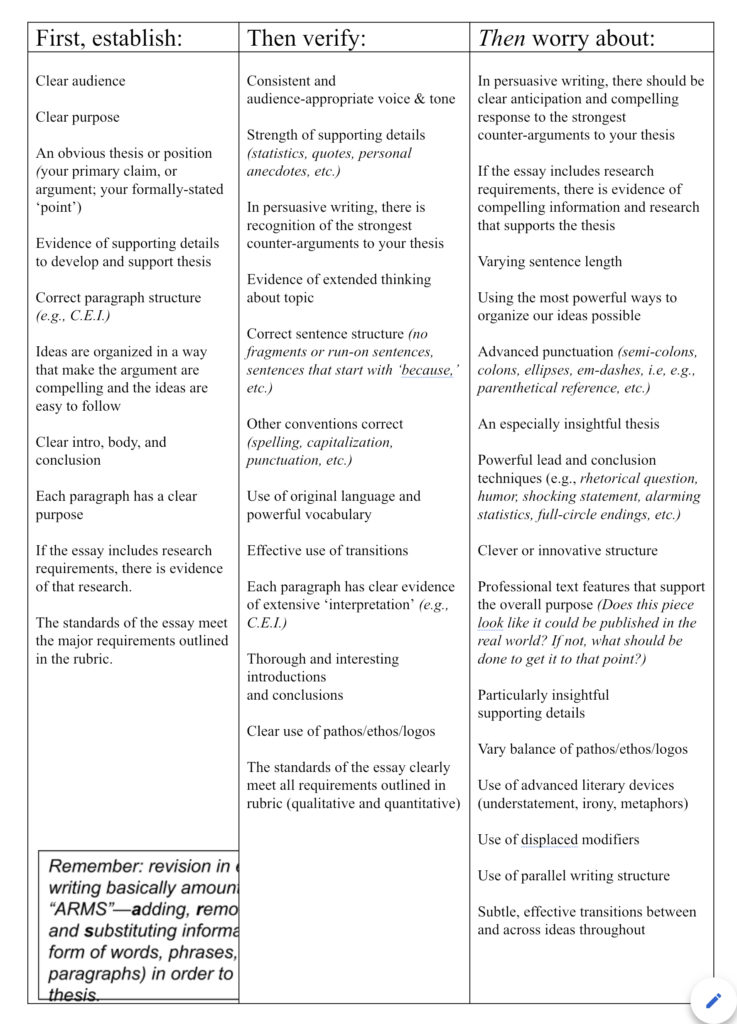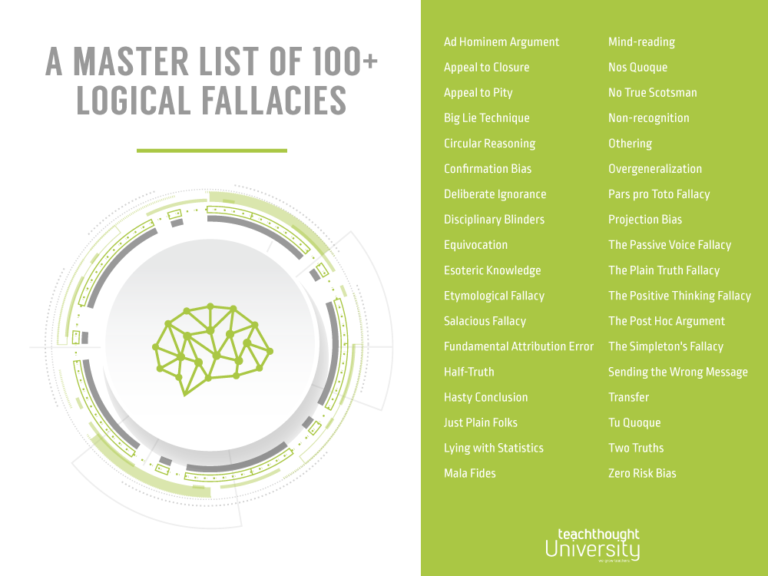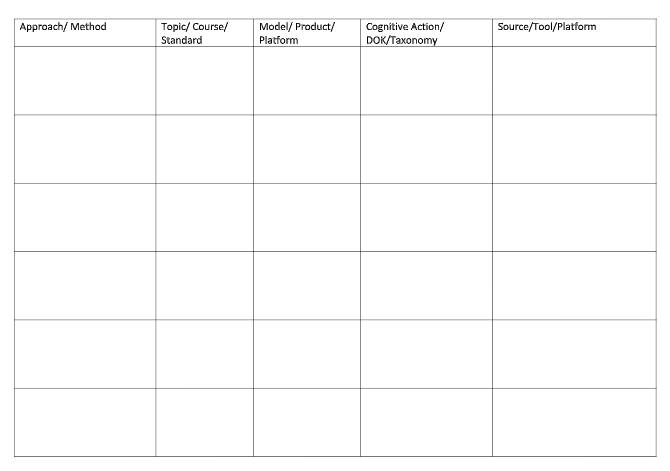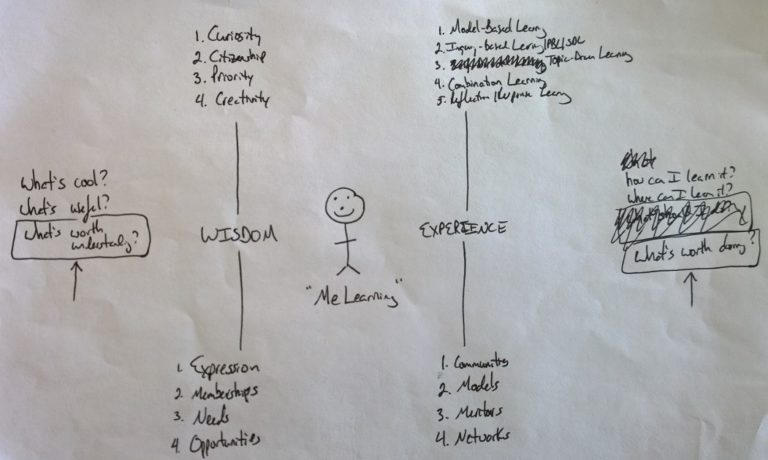



What I need to know What I know What others know What’s knowable What’s not knowable What’s most interesting What’s most important (see #1 and #2) How can/should I break this down into learnable bits and piees? Where should I start? How will I know I’ve learned? What should I do with what I learned?
Finding 1. Skim past less helpful info. 2. Use relevant keywords 3. Choose general vs. specific searches 4. Document/curate artifacts from search process Evaluation 1. For credibility 2. For timeliness 3. For bias 4. For relevance Citing 1. Understanding rights/copyrights/creative common 2. Use appropriate citation form (MLS, ALA) Questioning 1. Begin inquiry with relevant question…
Possibility Learning: Learning Though Endless Combinations Pick and choose one or more of the following “pieces” to use and/or combine to create a learning experience that’s meaningful to you, and results in something interesting, playful, and uniquely “you. Try to start with yourself: Who are you, what are you a part of, and what does…

A Complete Logical Fallacies List With Examples For Critical Thinking contributed by Owen M. Wilson, University of Texas El Paso A logical fallacy is an irrational argument made through faulty reasoning common enough to be named for the nature of its respective logical failure. The A Priori Argument Also: Rationalization; Dogmatism, Proof Texting A corrupt argument…

